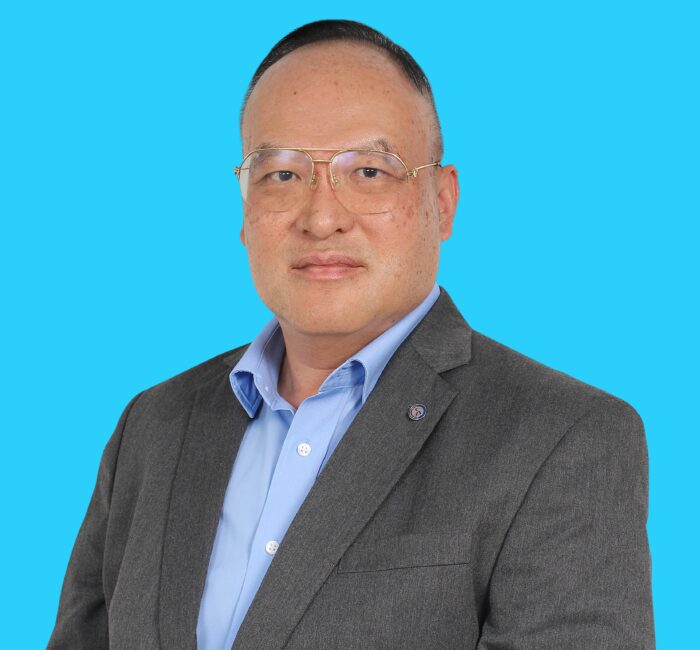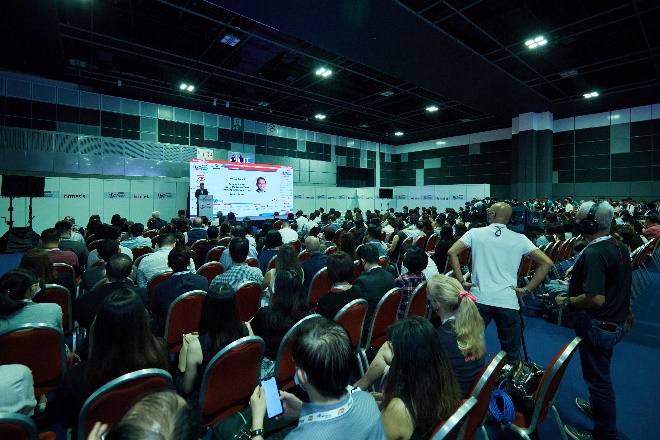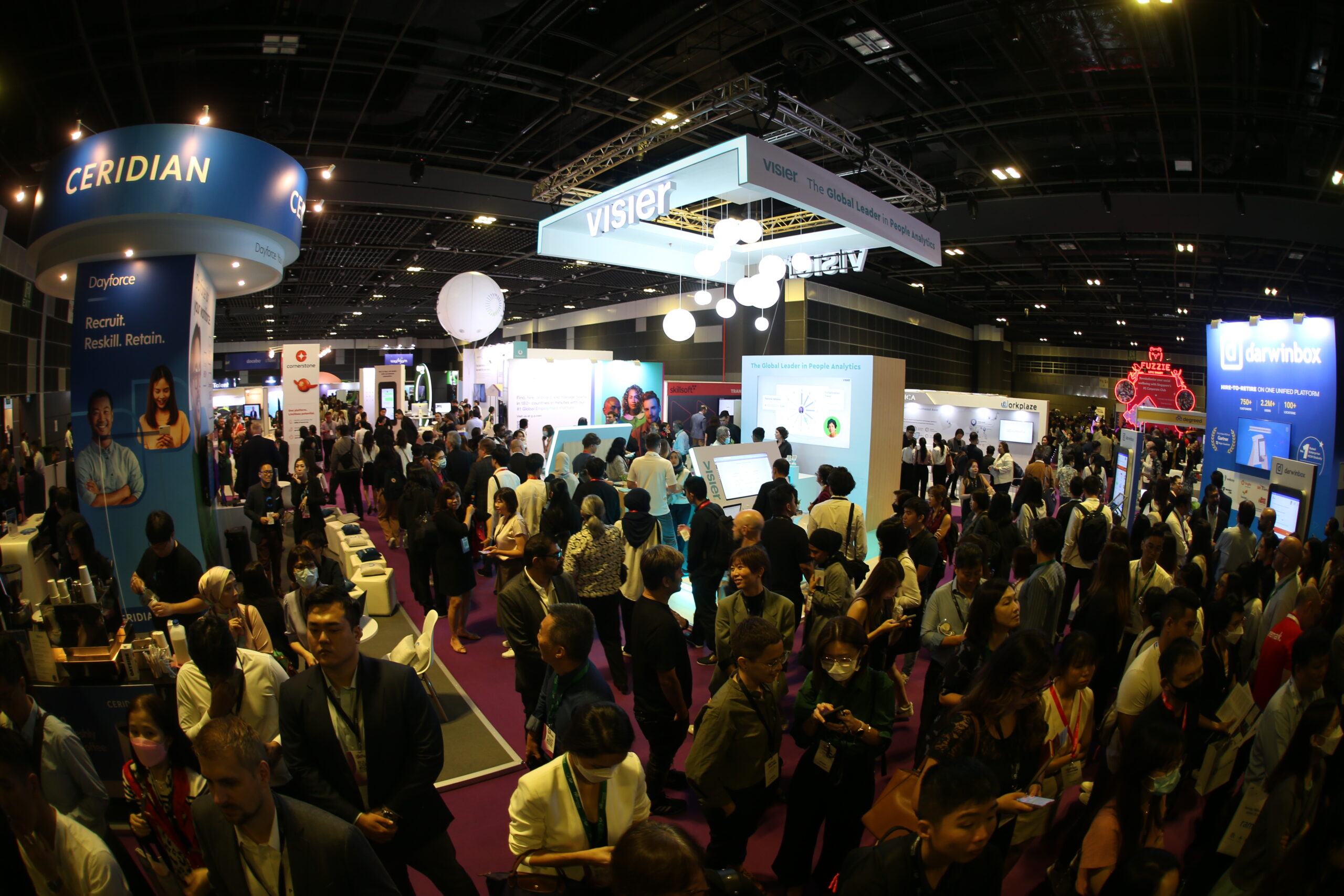The role HR can play to enable ESG outcomes

Jonathan Cheung, Chief Executive Officer, and Joanne Flinn, Chairwoman, presided over the official launch of the ESG Institute in Singapore this February. The ESG Institute aims to provide leaders and teams in Asia with a better understanding of ESG and what is needed in the region.
Not long ago, Environmental, Social and Governance (ESG) was the concern of investor relations. Today, ESG is the concern of all stakeholders, with CHROs increasingly looking to devise and execute their organisation’s ESG strategy through people interventions. You may already have been given specific responsibility to drive the “S” aspect of ESG.
Business sustainability showed up as a HR challenge through the social issues the pandemic surfaced, with the Great Resignation and more recently, Quiet Quitting. Huge job prospects, higher wages and remote work flexibility helped to address the challenge and for leaders who do not address this well, business performance is reduced as a result of lost productivity.
This has changed the responsibilities of the Chief Human Resource Officer (CHRO) and HR/talent management departments as a whole. Reflecting this shift, a recent report from Marsh McLennan found that ESG performance is increasingly important for attracting and retaining employees, a serious consideration during a time when finding and keeping top talent is challenging. The data showed that top employers’ ESG scores are 14% higher than the global average, highlighting a positive connection between employee satisfaction and employer ESG.
HR/talent management teams are in an excellent position to lead the Social component of ESG in any organisation, which has bottom line value.

“Today, ESG is the concern of all stakeholders, with CHROs increasingly looking to devise and execute their organisation’s ESG strategy through people interventions.” – Jonathan Cheung, Chief Executive Officer, ESG Institute
CHROs can look to S&P Global, who notes how social factors impact a company’s financial performance. In a recent ESG survey, UK firm Berenberg revealed how 47% of investors considered the Social component of ESG the most important when making decisions, overtaking Environmental at 35%.
What your organisation is doing to improve Diversity, Equality, and Inclusion (DEI) is part of the Social chapter in your ESG story, which creates connection and passion in your people.
CHROs focusing on Social in ESG create cultures where current and prospective employees want to work, collaborate, and help propel their organisation forward. By shaping an ESG culture through your approach, models, policies and purpose, and supported by employer and employee collaboration, can lead to organisational growth.
As human capital is the greatest asset of any organisation, CHROs must have a seat at the executive committee level of the ESG working group to represent the organisation’s employees. You can also accelerate your impact by distributing copies of Greensight, The Sustainability Guide for Company Directors to all your C-suite leaders and directors.
At the core of our future workforce is Generation Z. A recent Bupa survey revealed that Gen Z are likely to prioritise a potential employer’s commitment to sustainability over what it could pay them. Over half (54%) said that they would be willing to take a pay cut to work for a business that reflected their ethics, while 31% said that they would turn down a job offer from a company if they are not happy with its ESG credentials. Again, the bottom line is value.
Join me at HR Tech Festival Asia 2023, where I will be sharing further insights, as well as the key challenges and action to take for HR/talent management teams driving and supporting their organisations in meeting ESG requirements and enclosures, as well as maximising ESG opportunities.
READ: Accelerating sustainability: ESG and the roles of the CHRO
Finally, I would like to close the article by sharing the background of the ESG Institute, which was officially launched in Singapore on February 17, 2023. We were honoured to have senior government representatives from Singapore, Australia, US, UK and EU countries, as well as founding members and professional associations such as HRM Asia.
With increasing global pressure for action, compliance, and opportunity creation through sustainability, the ESG Institute works on advancing the transition to a net-zero economy while also advocating for equity and justice in the context of social and governance. The Institute focuses on simplifying the complexity of sustainability standards, creating alignment and action for businesses across their international value chains, and providing tools that support business leadership in this crucial transformation.
The ESG Institute integrates science-based insights with business pragmatics, leveraging research initially conducted at HEC Paris (the Harvard of France) and the University of Oxford, to empower leaders and help them report, benchmark, and advance their sustainability goals swiftly and effectively.
About the Author: Jonathan Cheung is Chief Executive Officer, The ESG Institute. Join him at HR Tech Festival Asia 2023 on May 10 at 11.30am (SGT), where he will highlight the importance of HR in enabling ESG outcomes in organisations.



